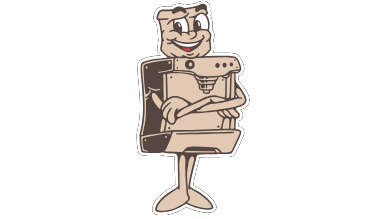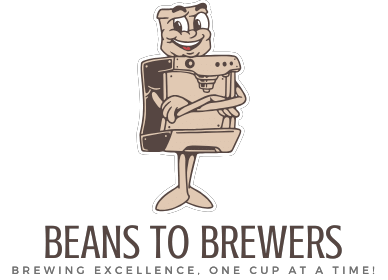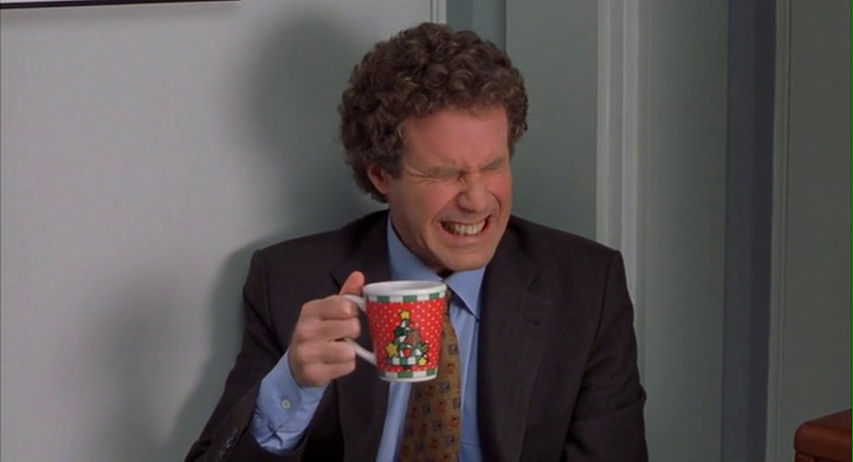
Jon Favreau’s 2003 film Elf is a modern holiday classic. For anyone who spends this time of the year hanging tinsel and putting up string lights it’s in the same league as films like A Christmas Story and It’s A Wonderful Life: a beloved, required yearly must-watch.
Elf does everything a Christmas movie should. It’s family friendly, heartwarming, funny, more and than a little bit weird. It also happens to offer an excellent lesson about marketing in the coffee world.
For those unfamiliar, Elf is the story of Buddy, a human raised by Christmas elves at the North Pole who spends one Christmas season connecting with his biological father in New York. The majority of the film’s gags coming from the culture clash between Buddy’s wide-eyed joyous elfen roots and the cynical New Yorkers he finds himself surrounded by. Buddy draws stares from passersby as he runs in circles in a revolving door, jumps on beds in a department store, and when he credulously believes an advertising slogan.
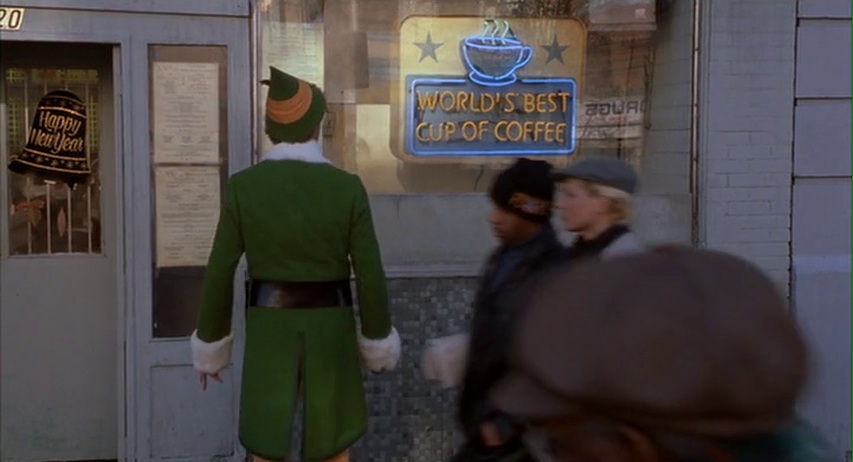
After Buddy travels through the seven levels of the candy cane forest past the sea of twirly-swirly gumdrops and walks through the Lincoln Tunnel, one of his first experiences of New York life is when he notices a sign hanging outside a midtown diner. It reads “WORLD’S BEST CUP OF COFFEE.” Buddy is overwhelmed with joy due to his earnest and loving nature upon reading the sign, running in and announcing “You did it! Congratulations! World’s best cup of coffee. Great job everybody! Great to meet you!” to an entirely indifferent group of servers working the breakfast shift.
This is a joke, of course. The coffee is not actually good. Even if we gave them the benefit of the doubt that this run-down-looking diner secretly has an amazing coffee program, it is confirmed that the coffee in this diner isn’t actually that great by Zooey Deschanel’s character Jovie. [This film is indisputably Deschanel’s finest role. —Ed.] On a date with Buddy she takes part in a blind taste test and announces that the unnamed establishment’s prize beverage “tastes like a crappy cup of coffee.” While diner coffee isn’t without its charm, it is simply impossible to believe that this place has the “world’s best cup of coffee” when it clearly isn’t even the best cup of coffee within walking distance of the Lincoln Tunnel. (This author would contend that honor goes to Culture Espresso at 38th & 6th, but Sprudge welcomes other opinions.)
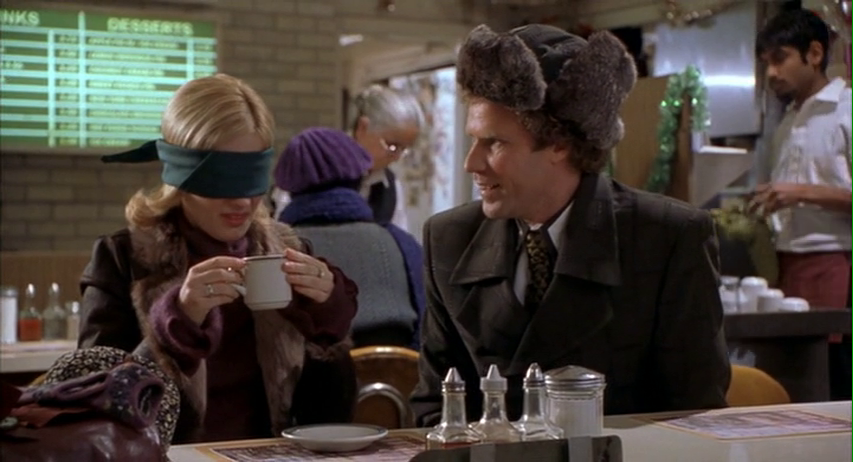
This raises the question though: why? Why is this a joke? Buddy’s earnestness is certainly unusual, but what does it say about human society that we take his lack of cynicism as a joke? Throughout the film Buddy the Elf’s actions—while funny—remind us about the glee of taking the world at face value. The Christmas tree at Rockefeller Center is a truly spectacular sight, so why is it a joke that it inspires such slack-jawed awe when Buddy beholds it? Skipping down the street with your sweetheart is a truly joyous activity, so why is it played as Buddy being a silly man when he does so with Jovie? So then the question is raised: what’s so funny about Buddy accepting the sign “WORLD’S BEST CUP OF COFFEE” at face value?
The answer of course is that we as modern people expect that marketing claims are not the most truthful statements in the world. Sure, a statement that can easily and demonstrably be proven false is unlikely to be found. Claiming a coffee is decaffeinated when it hasn’t been is a great way to open oneself up to a lawsuit. Claims that have no fixed definition though, like “all natural” or “ethically sourced,” or “world’s best cup of coffee” surround us. While they might be justified as “not technically lying,” a claim of “not technically lying” is in no way a virtuous claim.
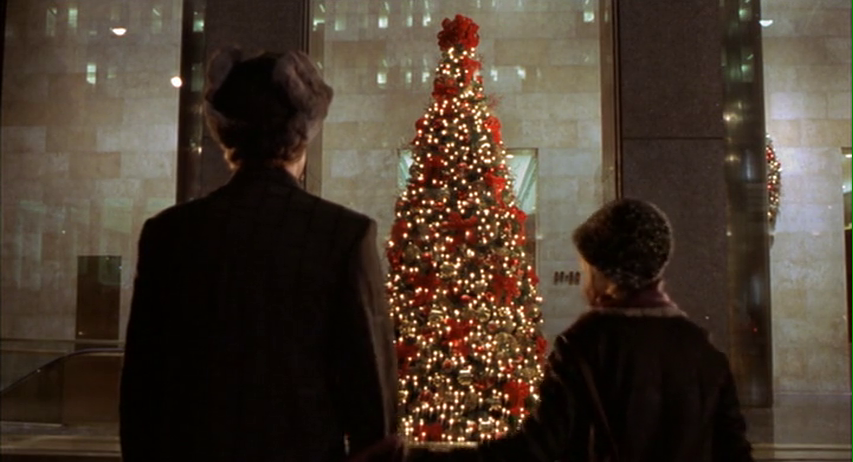
I would never claim that every marketing claim needs to be one that is backed up by objective evidence that’s verifiable by a third party. It would be very difficult to point to objective evidence to support claims that a coffee has a medium body and notes of cashew and caramel, but it’s broadly considered good to put tasting notes on a coffee. So where do we draw the line?
While on one level it’s a silly movie about putting syrup on spaghetti, I also think that Elf inspires me to think that a better world is possible, one where claims like “world’s greatest cup of coffee” don’t need to be understood as acceptable exaggerations in a fallen world. I would propose a “Buddy the Elf” test for anyone in the coffee communications business. For any given claim about your coffee, ask yourself, “if Buddy the Elf were to read this and accept it completely at face value, would I stand by my statement? Or would I stare at him blankly the same way that those diner servers did when he congratulated them on having the world’s greatest cup?” If a marketing statement can be laid low by Will Ferrel in yellow tights, maybe it isn’t worth sharing. May we all strive to be as earnest and full of joy as Buddy the Elf.
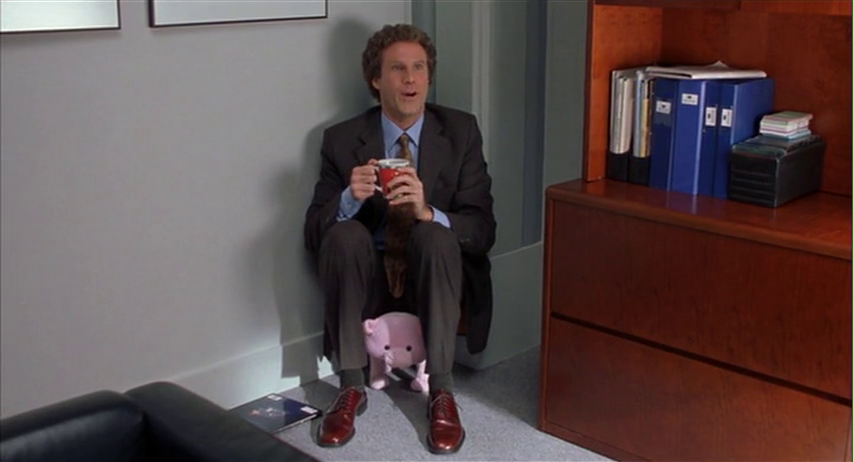
Jackson O’Brien is a coffee professional and freelance journalist based in Minneapolis. Read more Jackson O’Brien for Sprudge.
